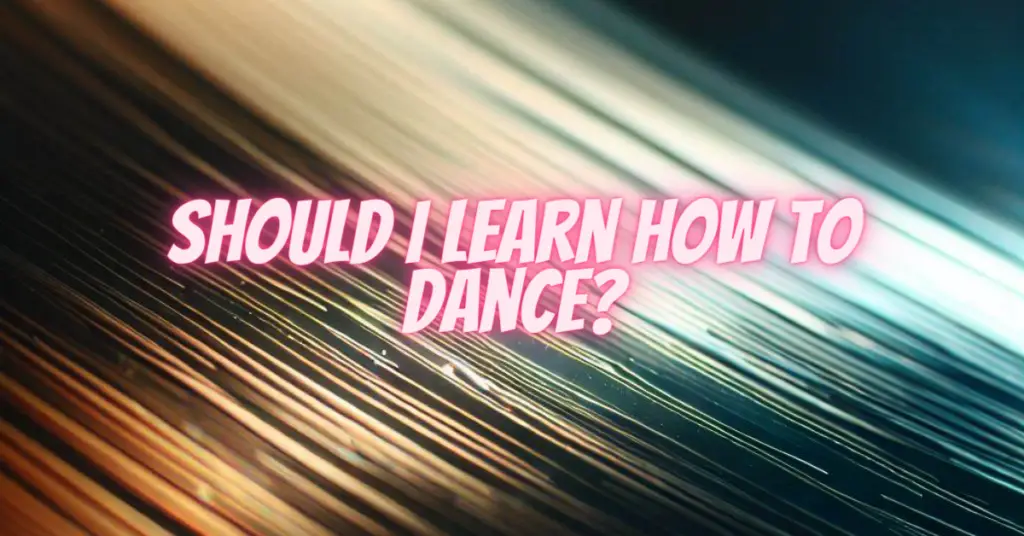Dance, a universal language that transcends cultures and generations, has a unique way of bringing joy and self-expression into our lives. Whether you’ve never stepped foot on a dance floor or you’re considering refining your existing skills, learning to dance can be a profoundly enriching and rewarding experience. In this article, we’ll explore the numerous benefits of learning to dance and why it might just be the perfect choice for you.
1. Physical Fitness and Wellness:
Dancing is a fantastic form of exercise that combines cardiovascular activity with strength and flexibility training. Regular dance practice can improve your endurance, balance, and coordination. It helps in toning muscles, burning calories, and increasing overall fitness levels. Dancing is not only a fun way to stay active but also a great stress reliever, promoting mental well-being.
2. Boosted Confidence and Self-Esteem:
Learning to dance can significantly enhance your confidence. As you gain mastery over new steps and routines, your self-assurance grows. The sense of accomplishment that comes with mastering a challenging dance move or performing in front of an audience boosts self-esteem and self-belief. Overcoming challenges in your dance journey can translate into increased confidence in other areas of your life.
3. Enhanced Creativity and Artistic Expression:
Dance is an art form that allows for boundless creativity and self-expression. Through movement, you can convey emotions, tell stories, and explore your innermost thoughts. Learning various dance styles encourages creative thinking and helps you express yourself in ways words often cannot. It’s a medium where you can let your imagination run free and create beautiful, meaningful choreography.
4. Social Connection and Community:
Dance classes and social dance events provide an excellent opportunity to meet new people and form connections within a supportive community. Whether you’re learning with a partner or in a group setting, dancing fosters social interaction, helping you build friendships and networks. The camaraderie among fellow dancers creates a positive and inclusive atmosphere, making dance a social activity that brings people together.
5. Cognitive Benefits and Brain Health:
Dance involves memorizing steps, patterns, and sequences, which stimulates the brain and enhances memory. Learning new choreography challenges your cognitive abilities, promoting mental agility and flexibility. Studies have shown that dance can also reduce the risk of cognitive decline, making it a valuable activity for brain health, particularly as you age.
6. Personal Fulfillment and Joy:
Ultimately, dancing is about joy and personal fulfillment. The sense of freedom and happiness that comes from moving to music is unparalleled. Whether you’re dancing in the privacy of your home, performing on stage, or socializing at dance events, the sheer enjoyment of the experience can bring immeasurable happiness and fulfillment into your life.
Conclusion
In the realm of dance, everyone can find their unique rhythm and style. Regardless of your age, background, or level of experience, learning to dance offers a myriad of benefits that extend far beyond the dance floor. It’s not just about learning the steps; it’s about discovering a new form of self-expression, building confidence, forging connections, and embracing the sheer joy of movement. So, if you’ve ever wondered whether you should learn how to dance, the answer is a resounding yes. Embark on this enriching journey, and let the music guide you to a world of creativity, connection, and endless possibilities.


